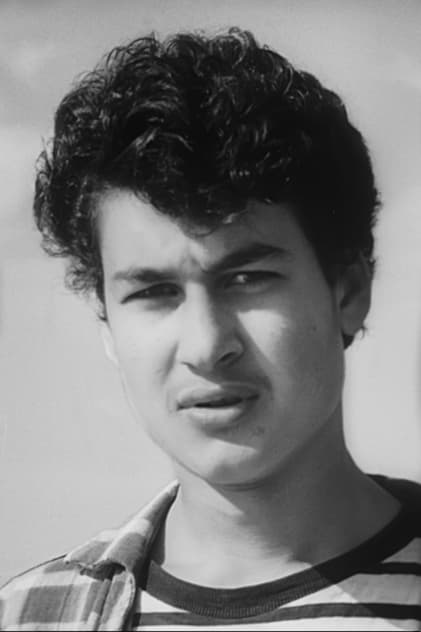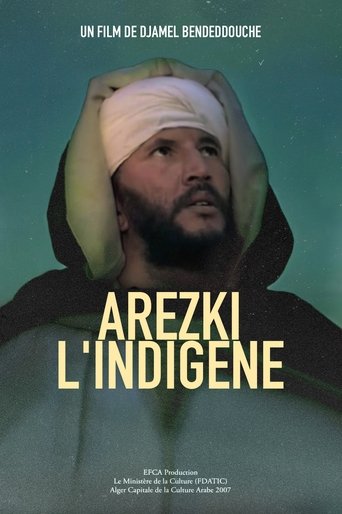
Djamel Bendeddouche
Born in 1941 in Tlemcen, Djamel Bendeddouche discovered the world of television and cinema very young, just after adolescence. He was barely 17 years old when he started as an actor. The first film in which he acted dates back to 1958-1959, entitled “Fadila” by Francis Mischkind. It is a short film depicting the friendship of two children and shot in the Casbah of Algiers in the middle of the Algerian war. “Fadila” won the Grand Prix du cinéma at the Salon de l’enfance in 1959 and was awarded by the Center national de la cinématographie (CNC) in France. Djamel Bendeddouche has had a rich career. After his first experience as an actor, he explored other facets of this magical world of culture by moving into radio theater, before joining National Television following the recovery of independence. A few years before, he had made his debut in directing as a script with Mustapha Badie, in 1960, on the television of the time, Radio et Télévision française (ex-RTF) which became Radio Télévision algérien (ex-RTA) after independence. Far from being content with his modest experience, Djamel Bendeddouche left to improve his skills abroad and completed a directing internship at the French Television Radio Broadcasting Office (ORTF) in Paris in 1965. Subsequently, having acquired the knowledge that allowed him to launch into directing, he joined the ex-RTA where he directed six short films including “Sacrifice” and “Kif-kif”. This was followed by feature films such as “L'Oiseau Blanc” in 1970, “Take it or leave it” in 1971, “La Bureaucratie” in 1972 and “Le Dinar en danger” in 1973. Djamel Bendeddouche has directed numerous documentaries and shorts films for public television, including “Le Conflit” and “Laboratoire”, before joining the National Audiovisual Production Company (Enpa) where he produced several educational works. He left the RTA in 1975 and made a series of educational films for the National Pedagogical Institute. He then returned to television where he produced numerous shows as well as clips, including the superb musical film “The Adventures of R’mimez” in 1986. In the early 1990s, the filmmaker created his own production company and directed “The Shadow of the Past” in 1993 and “The Abduction 1994”. In 2005, he created a small film school in Algiers. Djamel Bendeddouche, who had furthered his training in France and made a point of training new generations, returned to the forefront by signing in 2007 his major work “Arezki l’Insoumis”, a film retracing the exploits of 'an "honor bandit" living in the Kabylia region, Arezki El Bachir. It was a film that he had a lot of difficulty making for various reasons, including financial ones. The passion he had for his profession led him to sell his house to be able to produce this work which was so close to his heart, he confided after the release of his film. An unusual sacrifice, worthy of the great. But his sacrifice was not in vain and his film “Arezki l’Insoumis” continues to be talked about today. Produced in 2007 as part of the event “Algiers, capital of Arab culture”, the film “Arezki l'Insoumis” won, in 2008, the “Golden Olivier” prize on the occasion of the eighth edition of the Amazigh film.
- Isihloko: Djamel Bendeddouche
- Ukuthandwa: 0.001
- Eyaziwa Nge: Directing
- Usuku lokuzalwa: 1941-01-01
- Indawo yokuzalwa: Tlemcen, Algeria
- Ikhasi eliyisiqalo: http://www.africine.org/personne/djamel-bendeddouche/14150
- Obeye aziwe njengo: جمال بن ددوش

